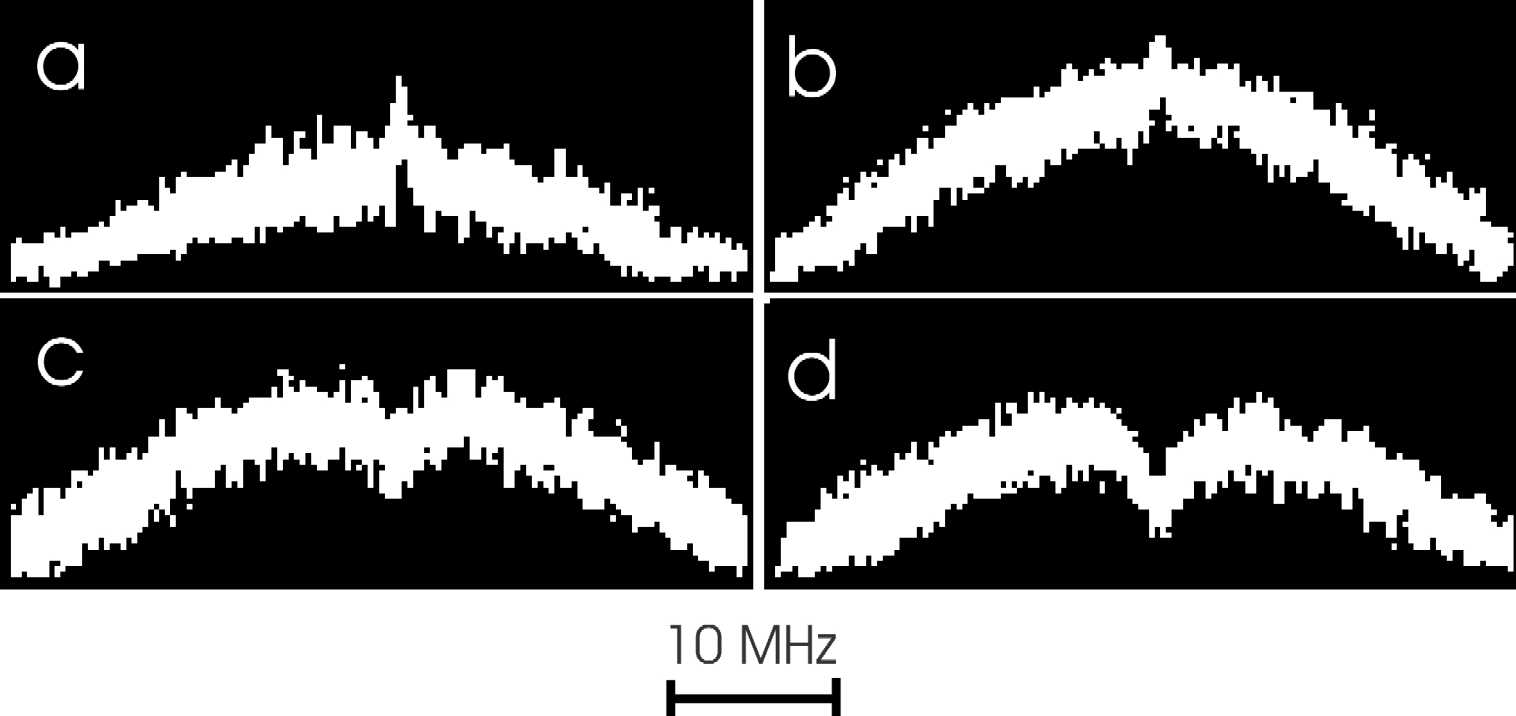|
Nonlinear Optics and Laser Physics:
Stimulated
Scattering Phenomena in Optical Fibre
Stimulated scattering, Raman, Brillouin and Raleigh are cornerstone
phenomena in nonlinear optics.
Massive progress in optical fibre technology of the last decade has
resulted in a resurgence of interest in these processes for both
fundamental science and applications, not least in the opto-electronic and
telecommunication industry. This has
been an area of experimental and theoretical research by our group for a
number of years. A landmark in the
field was the generation of stimulated Brillouin scattering (SBS) under
CW-pumping made possible by long interaction lengths and small cross
section areas of optical fibre. This
led to radical new insight into the physics of SBS, showing it to be
generically unstable exhibiting stochastic and rich deterministic temporal
(single-mode) and spatio-temporal (multi-mode) behaviour. In theory, inclusion of nonlinear
refraction in the description of SBS was shown to be key in accounting for
many of these findings.
More recently this activity addresses new fundamental issues, among
these the discovery that the
spectrum of SBS Stokes emission in optical fibre is inhomogeneous
exhibiting characteristic spectral broadening and hole burning (see
Figure). Significantly it is shown
to be a generic property of the waveguiding nature of this interaction in
fibre and therefore may be a universal property of nonlinear parametric
nonlinear processes in guided media.
Another, concerns the mechanisms by which determinism evolves from
stochastic processes, which is today one of the major unresolved questions
in the field of nonlinear systems.
Our recent discovery of coherence resonance in SBS may offer a key
to this issue. In multi- mode fibre
we also address transverse nonlinear coupling of SBS modes, recent work
showing this to give rise to spiral wave formations and defect mediated
turbulence in the SBS emission. In
applications, our work researches SBS lasing and the mode locking
capability of fibre based SBS with feedback as a converter of CW radiation
into pulse-trains for the opto-electronics and telecommunications
technology.

Figure:
RF spectra of Stokes radiation at different levels of normalised pump power
N = 1.1 (a), 1.5 (b), 5.4(c), and 10 (d).
Research
areas:
·
Nonlinear dynamics
of SBS
·
Multi-mode
nonlinear coupling of SBS
·
Stochastic origin
of SBS and Coherence Resonance
·
Inhomogeneous
spectral broadening of SBS
·
Application: SBS
lasers and CW to pulse train converter
Back to Research Reviews'
Page
|